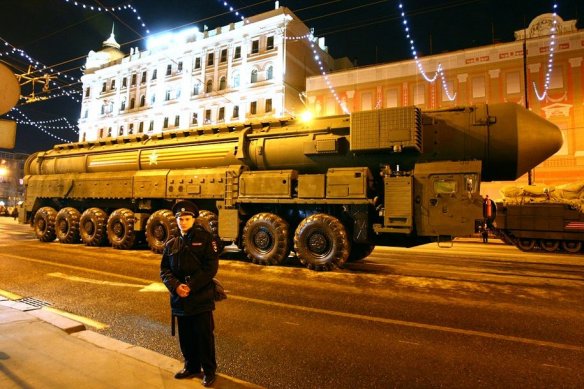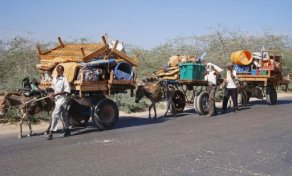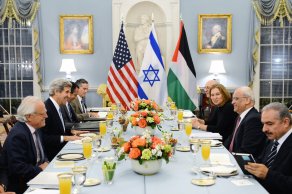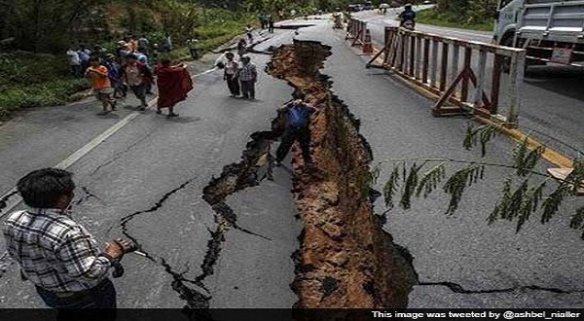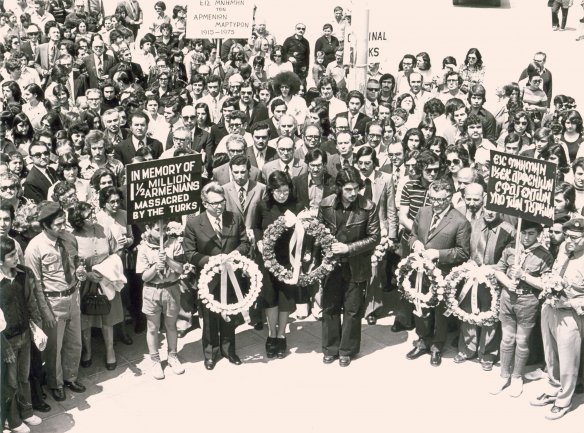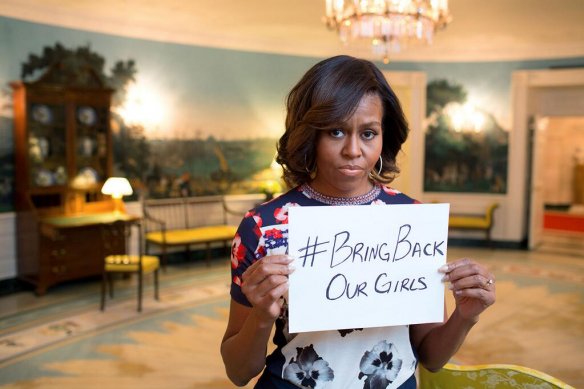
Photo: Neil Palmer (CIAT)
Political violence correlates strongly with climate: Civil conflict risk is seven to ten times higher in dry and tropical climates than in continental climate zones. Yet, there is little evidence that climatic variability and change are important in understanding this pattern. The prospect of climate change causing forced migration and food and economic insecurity, meanwhile, raises new concerns about possible future conflict scenarios.
- Climate change is not likely to have a common and universal effect on armed conflict risk.
- Indirect effects of climate on conflict may work via migration, food insecurity or economic shocks.
- Many of the factors that increase conflict risk also make societies vulnerable to climate change.
- Investing in climate change adaptation is likely to have significant, positive security implications.
Read more in a recent Policy Brief from the Conflict Trends Project at PRIO.

